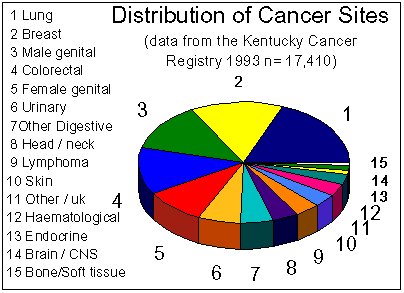Advance Directives Can Benefit Patients, Families, and Health Care System

|
Nearly one out of four older Americans say that either they or a family member have experienced excessive or unwanted medical treatment, according to the latest issue of The Gerontological Society of America’s Public Policy & Aging Report (PP&AR), which goes on to show that Americans strongly support holding doctors accountable when they fail to honor patients’ end-of-life health care wishes.
This PP&AR, titled “Advanced Illness Care: Issues and Options,” features 12 articles that present new ways of understanding the complexity of securing appropriate advanced illness care and the decision-making dilemmas it presents. It also provides a valuable benefit by reviewing specific programs, demonstrations, and tools that family members and providers can use in providing care to persons with advanced illness. These models are person- and family-centered, and preliminary evaluations find that they may be cost-effective as well. Support for the publication was provided by Compassion & Choices.
“It is important to ensure that patients and their wishes are what drive the health care system, particularly at the end of life,” said Daniel R. Wilson, the national and federal programs director for Compassion & Choices. “We were pleased to partner with The Gerontological Society of America to publish this issue of the PP&AR, which includes cutting edge writers and thinkers in the advanced illness and end-of-life field.”
Step towards blood test for many cancer types

|
Scientists have identified more than 800 markers in the blood of cancer patients that could help lead to a single blood test for early detection of many types of cancer in future, according to research presented at the National Cancer Research Institute (NCRI) Cancer Conference in Liverpool today (Sunday).
This is the first time that cancer-specific blood markers have been comprehensively reviewed and identified for further clinical development. This study, by the UK Early Cancer Detection Consortium*, funded by Cancer Research UK, has analysed 19,000 scientific papers and found more than 800 biomarkers.
The aim of this research is to develop a screening test from a single blood sample for multiple cancer types. All cancers produce markers in the blood, so it could be feasible to develop a general screening test for many different forms of the disease.
In the UK, survival rates for cancer are lower than in some other western countries, part of which may be related to late diagnosis. But developing more ways to spot cancers earlier, including research into new screening technologies such as this, could help give more options for curative treatment, and save more lives in the future.





